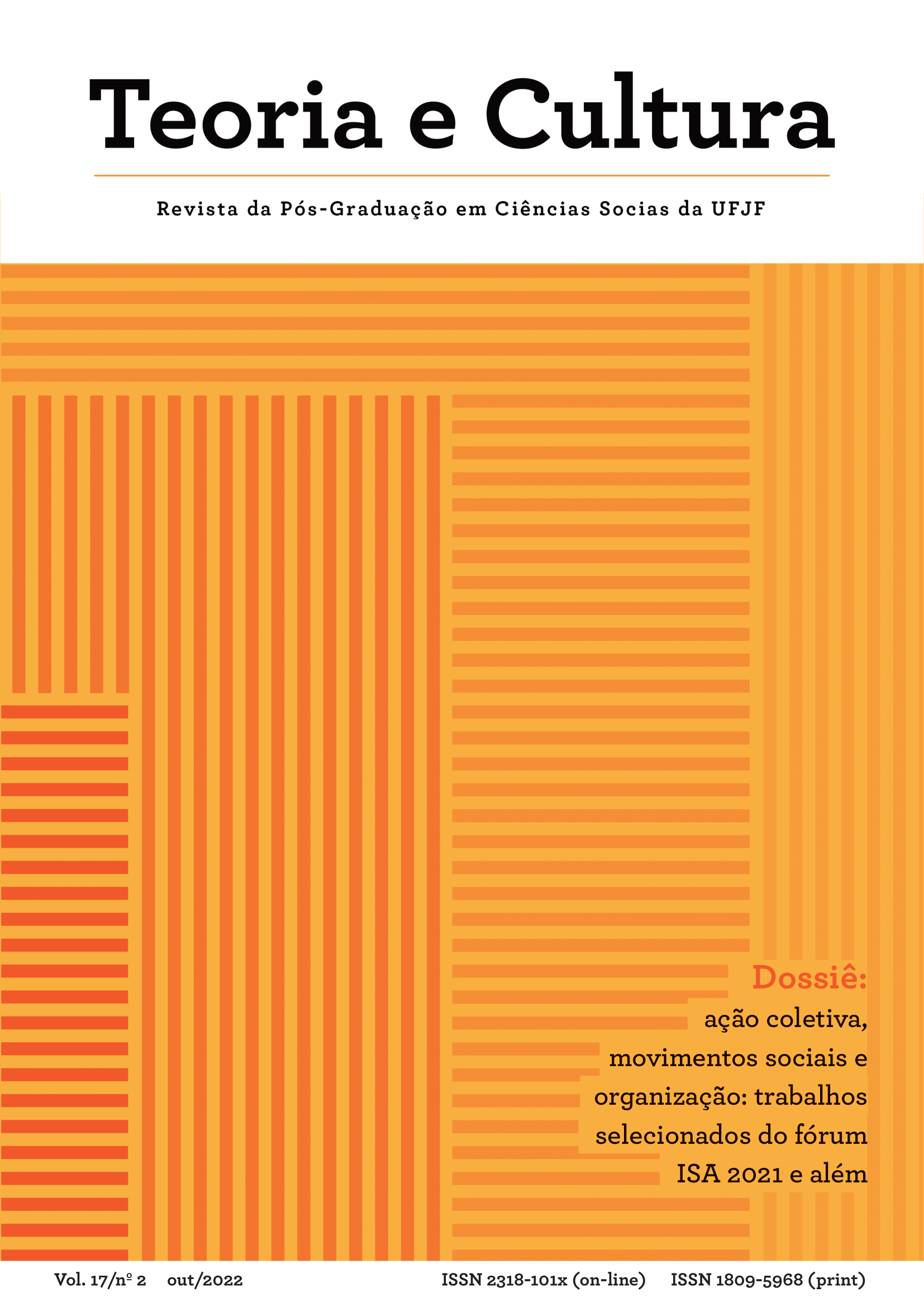Glauber Rocha and the New Cinema Movement
DOI:
https://doi.org/10.34019/2318-101X.2022.v17.38489Abstract
In 1936, the German philosopher, one of the founders of the Frankfurt school or of the so-called Critical Theory, with a Marxist orientation, Walter Benjamin, studying the relationship between art and society in the era of technical reproductions, highlighted the revolutionary function of cinema – where technique and art met in a positive way – in their relationship with the masses. From the late 1950s to the early 1980s, Glauber Rocha, inspired by Italian Neorealism and communing with other avant-garde cinematic movements emerging in postwar Europe, embraced cinematographic technique as a means to reflect and possibly transform relations of power and, consequently, the socio-historical reality in the colonized countries of Latin America. Heir-participant of the social movements of the 1960s and head of the New Cinema movement, Glauber Rocha intended to use cinematographic art as an object of social reflection and transformation, or as an instrument of “political” practice in the cultural field. So this article tries to analyze the revolution made by the new cinema as a socio-cultural movement that sought a new mode of cinematic production, as opposed to the dominant Hollywood model.








